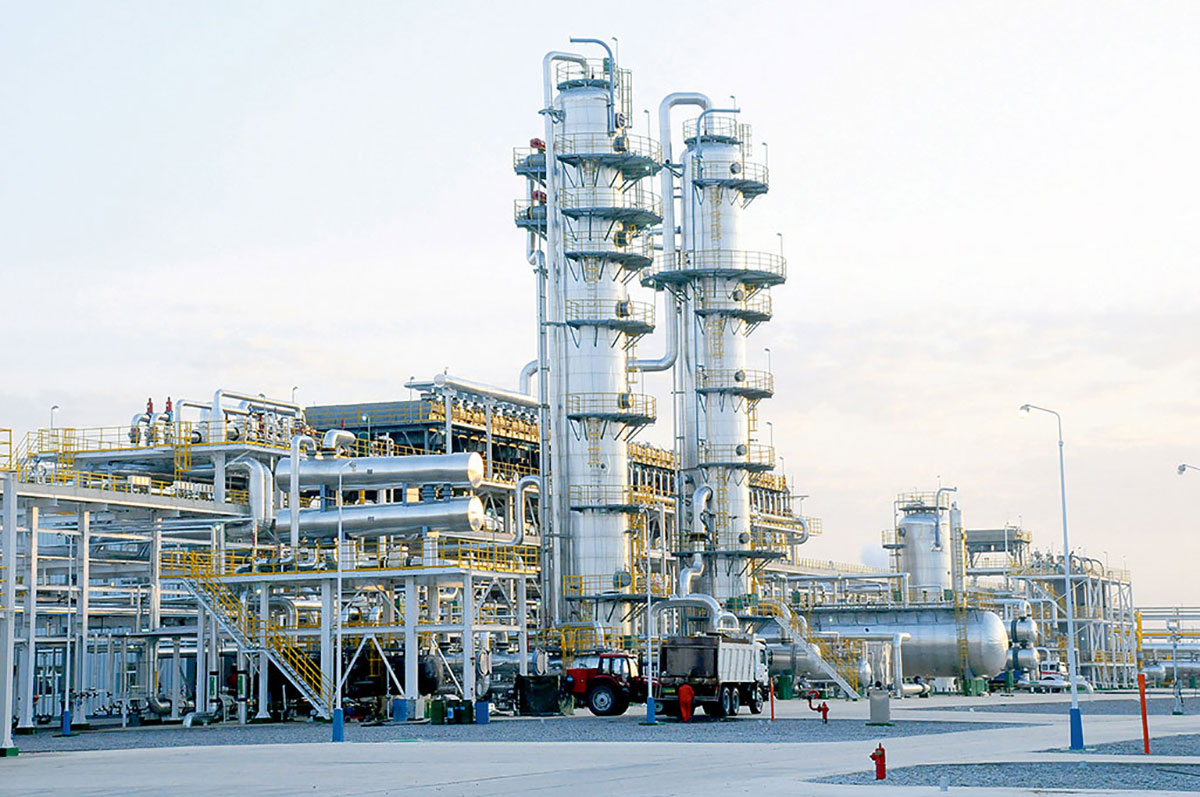Foreign investors are placing a big bet on energy-rich Turkmenistan, as the New York-based company Westport Trading Europe Limited is preparing a package of initiatives that will help diversify activities of the Turkmenbashi Oil Processing Complex (TOPC), the country’s flagship oil refinery.
According to Neytralny Turkmenistan newspaper, specialists from Westport Trading Europe are looking to reconstruct old facilities and build new ones as well. The company’s work in Turkmenistan already includes having built a coking unit at the refinery in 2002, which helped to double the capacity of its production processes. Now Westport Trading Europe is looking to partner and build capacity for the commercial production of hydrocarbons previously not manufactured in Turkmenistan, including needle coke and benzene.
Needle coke, also called acicular coke, is used in the steel and aluminum industries for producing electrodes, which must be replaced regularly. Benzene, a colorless and highly flammable liquid with a sweet smell, is derived from crude oil. It is used mainly as an intermediate to make other chemicals. More than half of the entire benzene production is processed into ethylbenzene, a precursor to styrene, which is used to make polymers and plastics.
Turkmenistan sits atop some of the world’s largest reserves of fossil fuels, which makes the Caspian country a natural location for the production of oil derivatives like needle coke and benzene. The country’s proved reserves of crude oil are 600 million barrels, ranking it 43 in the world. Its proved reserves of natural gas are 7.5 trillion cubic meters, putting it at 5 worldwide.
The Turkmenbashi Oil Processing Complex was launched in 1943 during World War II and was revived in 2008. Today, the facility produces unleaded motor gasoline, aviation and technical kerosene, jet and diesel fuel, fuel oil, lubricating oil, polypropylene, heating oil, light gas oil, petroleum electrode coke, liquefied natural gas, construction and road bitumen and other petrochemical products – all which have export potential, given global demands.







 Armenian sappers commenced on Monday mine-clearance operations in the territories adjacent to the Saint Mary Church in village of Voskepar (Armenia...
Armenian sappers commenced on Monday mine-clearance operations in the territories adjacent to the Saint Mary Church in village of Voskepar (Armenia...
 Russian Foreign Minister Sergei Lavrov has reasserted that Moscow has no intentions to stop the fighting in Ukraine, even if peace talks commence.
Russian Foreign Minister Sergei Lavrov has reasserted that Moscow has no intentions to stop the fighting in Ukraine, even if peace talks commence.
 Iran has refuted reports of alleged damage to Shimon Peres Negev Nuclear Research Centre located southeast of Dimona, Israel, during the recent air...
Iran has refuted reports of alleged damage to Shimon Peres Negev Nuclear Research Centre located southeast of Dimona, Israel, during the recent air...
 Iran’s Foreign Minister, Hossein Amir-Abdollahian, has labeled a foiled Israeli drone attack in certain parts of the country as a "failure" for Isr...
Iran’s Foreign Minister, Hossein Amir-Abdollahian, has labeled a foiled Israeli drone attack in certain parts of the country as a "failure" for Isr...



